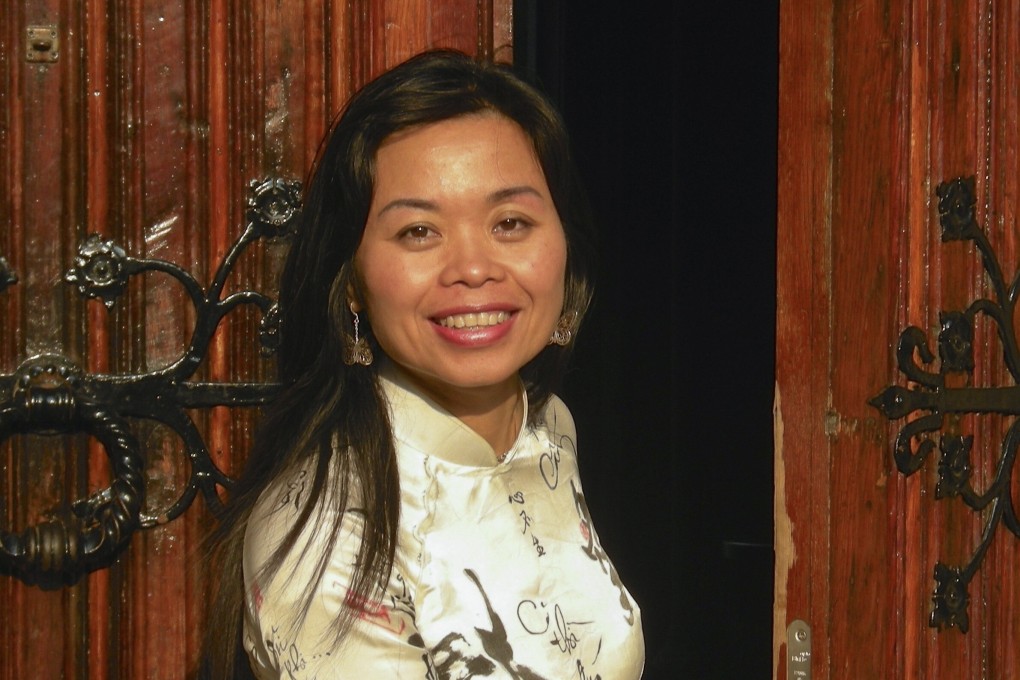Review | 80 years of Vietnam’s fraught history distilled in poet’s debut novel The Mountains Sing
- Nguyen Phan Que Mai’s first novel follows four generations of one family through eight decades of recent history in Vietnam
- One idea proposed by the interconnecting stories is that of a series of impossible choices made between ideals and harsh reality

The Mountains Sing by Nguyen Phan Que Mai, Oneworld. 4/5 stars
The Mountains Sing is the first novel by Nguyen Phan Que Mai, one of Vietnam’s leading poets, writers and translators. The story distils the past 80 years of her homeland’s fraught history into the volatile fortunes of the Tran family.
This idea is embodied by our two narrators. The first is Tran Dieu Lan, whom we first find walking around bomb craters in the streets of 1970s Hanoi. Her life’s mission is to protect granddaughter Huong, whom she calls Guava. Her self-appointed duties include finding the nearest air raid shelter, performing improvised evacuations to the countryside and sacrificing her vocation as a teacher (and not a few ideals) to earn money on the black market.

This is partly to alleviate the shock of the bombings (books offer Huong temporary escape from reality), but there are deeper purposes. “As long as I have my voice, I’m still alive,” Lan explains. Later she expands this idea: “If our stories survive, we will not die, even when our bodies are no longer here on earth.”